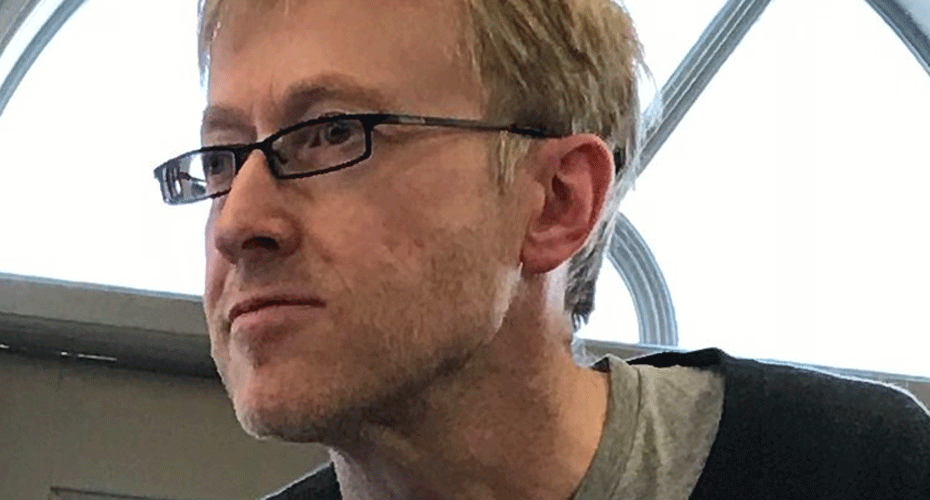Masters applications for 2023 entry are now closed.
Applications for September 2024 will open on Monday 25 September. Applications are now open for programmes with a January 2024 start. View our programmes »
Overview
- Gain a broad-based knowledge of the use of research methods in the social sciences
- You’ll receive core research training in social scientific philosophy and methodology within a contemporary sociology context
- This programme forms part of the ESRC SWDTP – a hub of world-class social sciences research
- Our array of optional modules enables you to tailor your degree to your personal research interests and career ambitions
82% of our research is internationally excellent
Top 10 in the UK for Philosophy
Top 10 in the UK for Sociology
Funding opportunities available through ESRC South West Doctoral Training Centre – a hub of world-class social sciences research
Entry requirements
We will consider applicants with a 2:2 Honours degree with 53% or above in sociology, anthropology, statistics, data or maths. While we normally only consider applicants who meet this criterion, if your first degree is in a different discipline, you are coming from a different academic background which is equivalent to degree level, or have relevant work experience, we would welcome your application.
All applicants should provide a personal statement explaining their interest in the programme and how it fits with their earlier studies.
Entry requirements for international students
English language requirements
International students need to show they have the required level of English language to study this course. The required test scores for this course fall under Profile B2. Please visit our English language requirements page to view the required test scores and equivalencies from your country.
Course content
We’ll provide you with core research training in social scientific philosophy and methodology within a contemporary sociology context as well as ensuring you gain a broad-based knowledge of the use of research methods in the social sciences.
Our core modules will teach you how to select the appropriate research methods, how to avoid common problems at the data collection stage as well as how to conduct high quality analyses. You’ll examine key philosophical questions of ontology, epistemology and value. We will also support you in improving your quantitative skills ready for carrying out your own research projects.
You’ll also chose from a range of optional modules covering fields such as representation of animality; mind, body and world; social theory, gender at work and data visualisation.
The modules we outline here provide examples of what you can expect to learn on this degree course based on recent academic teaching. The precise modules available to you in future years may vary depending on staff availability and research interests, new topics of study, timetabling and student demand.
Fees
2024/25 entry
UK fees per year:
£11,500 full-time; £5,750 part-time
International fees per year:
£23,800 full-time; £11,900 part-time
Scholarships
We invest heavily in scholarships for talented prospective Masters students. This includes over £5 million in scholarships for international students, such as our Global Excellence Scholarships*.
For more information on scholarships, please visit our scholarships and bursaries page.
*Selected programmes only. Please see the Terms and Conditions for each scheme for further details.
Teaching and research
Learning and teaching
Teaching takes place over the first two terms, leaving the third for your dissertation. Research-centred teaching is at the heart of the programme. Teaching is done in small seminar groups to allow students the best possible interaction with academic staff, through individual presentations and round table discussions of common readings.
Students have the opportunity to engage in a serious piece of research into a topic of their choosing through the dissertation module. You will be assessed through coursework which will vary depending on the modules you choose and the completion of a dissertation.
.gif)
Professor Mike Michael
Head of Sociology, Philosophy and Anthropology (SPA)

Professor Susan Kelly
Professor of Sociology

Dr Nigel Pleasants
Professor Mike Michael
Head of Sociology, Philosophy and Anthropology (SPA)
Mike is a sociologist of science and technology. He joined SPA in 2017, having previously worked at Lancaster University, Goldsmiths, University of London, and the University of Sydney. His research interests have included: the relation of everyday life to technoscience; biotechnological and biomedical innovation and culture; the public understanding of/engagement with science; and process methodology. His teaching has covered such areas as social theory, microsociology, environmental sociology, science and society, animals and society, sociologies of everyday life, and qualitative methodology.
Professor Susan Kelly
Professor of Sociology
Susan teaches on the core module Research Methods in the Social Sciences. Her research interests centre around the development of new biomedical forms of investigation and intervention into human bodies and beings, focusing particularly on the arenas of reproduction (prenatal testing and diagnosis), mental health, childhood disorders, and complex diseases.
Susan is the director of the Health, Technology and Society (HTS) Research Group.
Dr Nigel Pleasants
Nigel teaches on the core module Philosophy of the Social Sciences 1. His main areas of interest and work are in social and moral philosophy. Since his degree days he has been strongly influenced by the philosophy of Ludwig Wittgenstein, especially his very latest writings in On Certainty. He is a member of the British Wittgenstein Society and sit on its Honorary Committee. In recent years he has been attempting to work out ways in which Wittgenstein’s philosophy might help illuminate areas of moral philosophy, introducing and developing the idea of moral certainty.
Careers
Employer-valued skills
In addition to the specialist knowledge you will gain during your programme, you will also develop transferrable skills valued by employers such as:
- Researching, analysing and assessing sources of information
- Written and verbal communication skills
- Managing and interpreting information
- Developing ideas and arguments
Career support
The College's Employability Officer works with our central Career Zone team to give you access to a wealth of business contacts, support and training, as well as the opportunity to meet potential employers at our regular Careers Fairs.
.gif)













